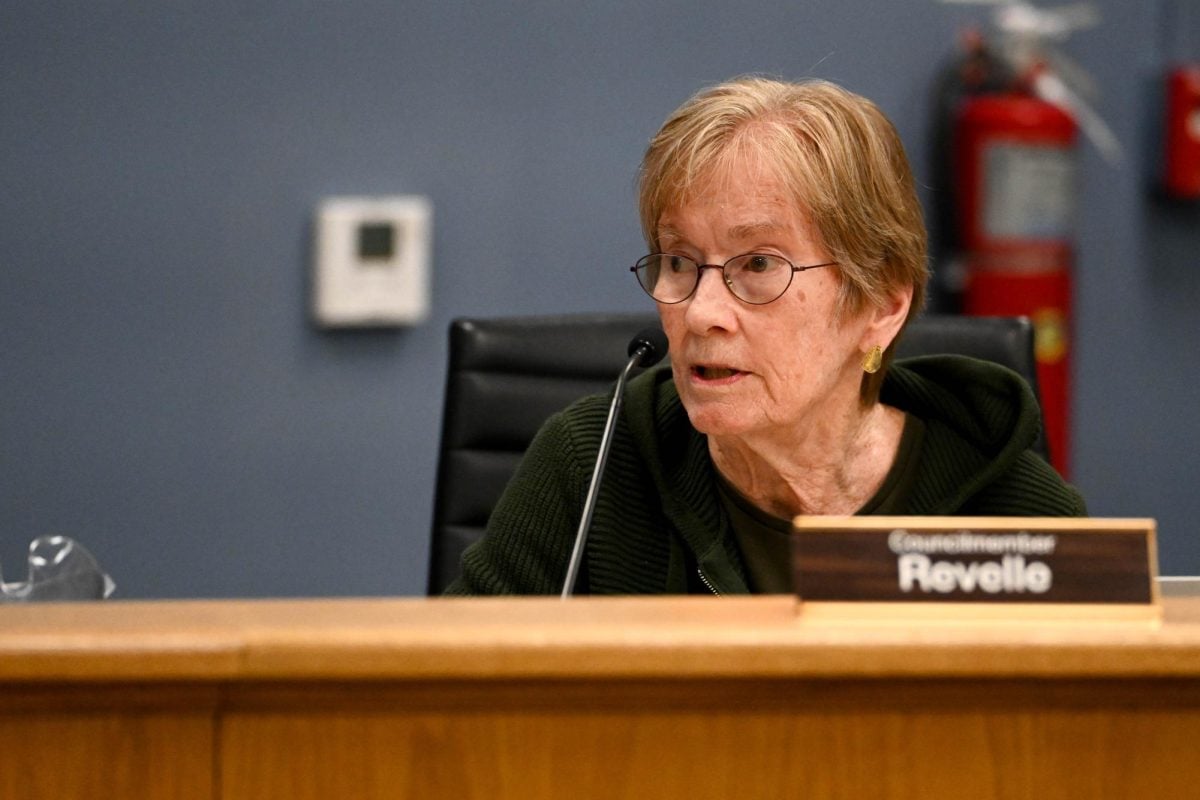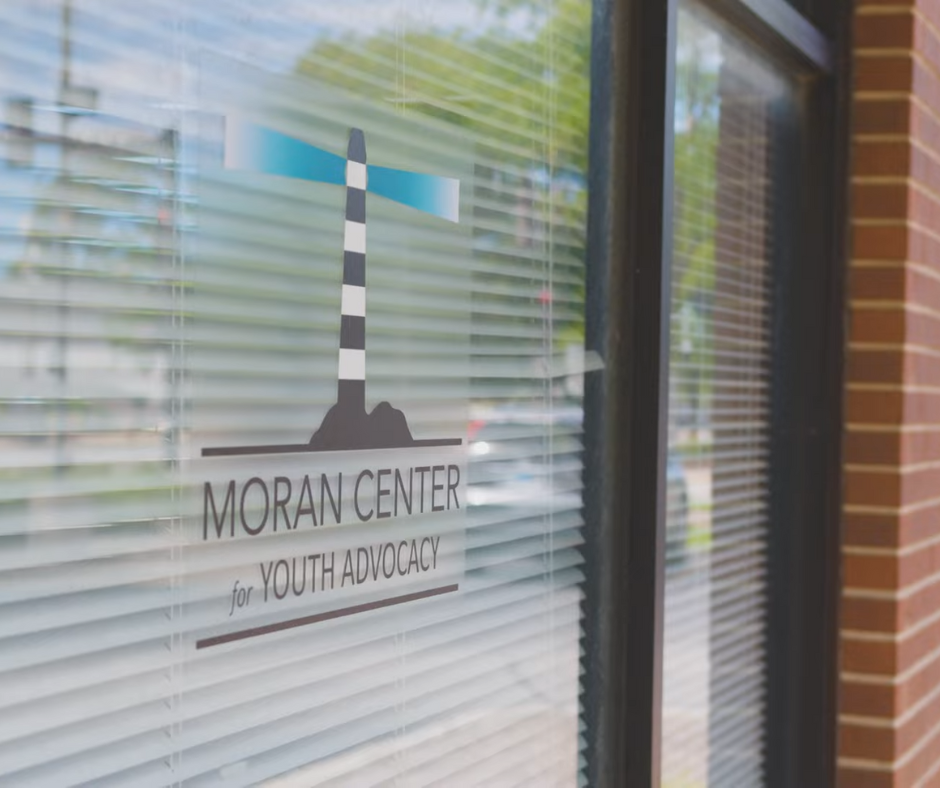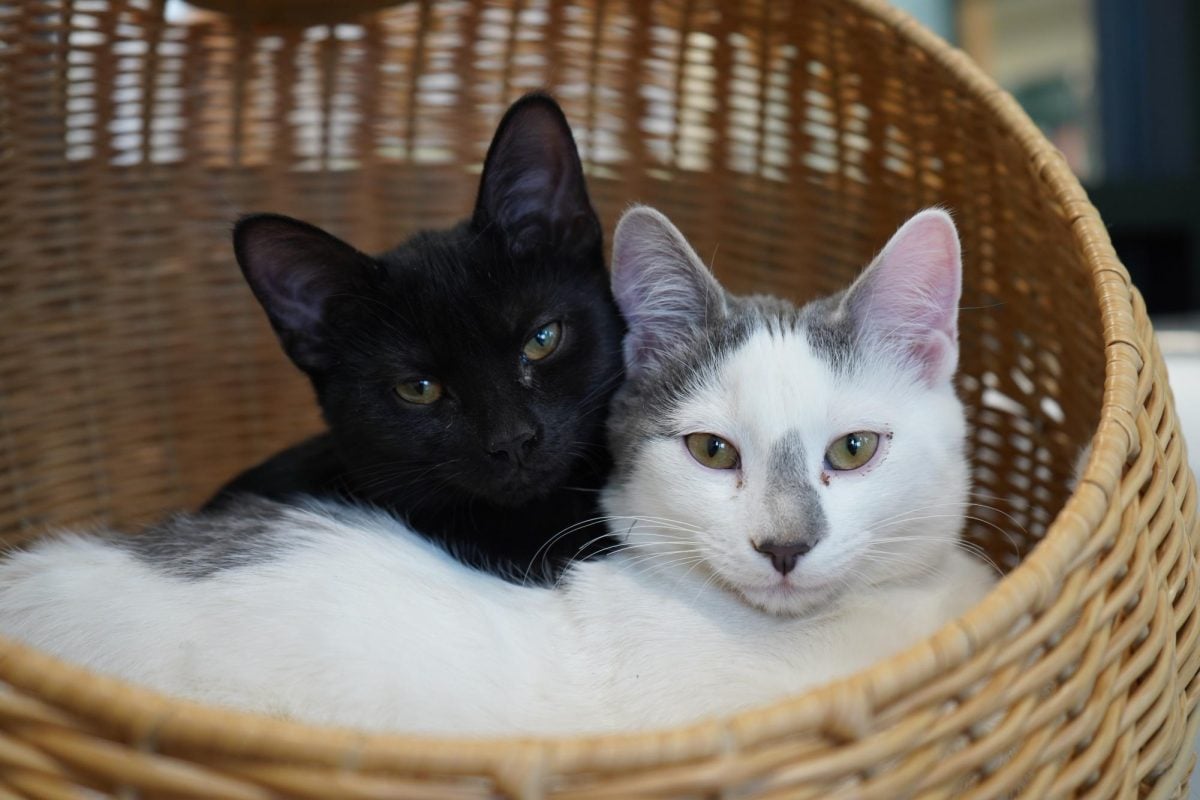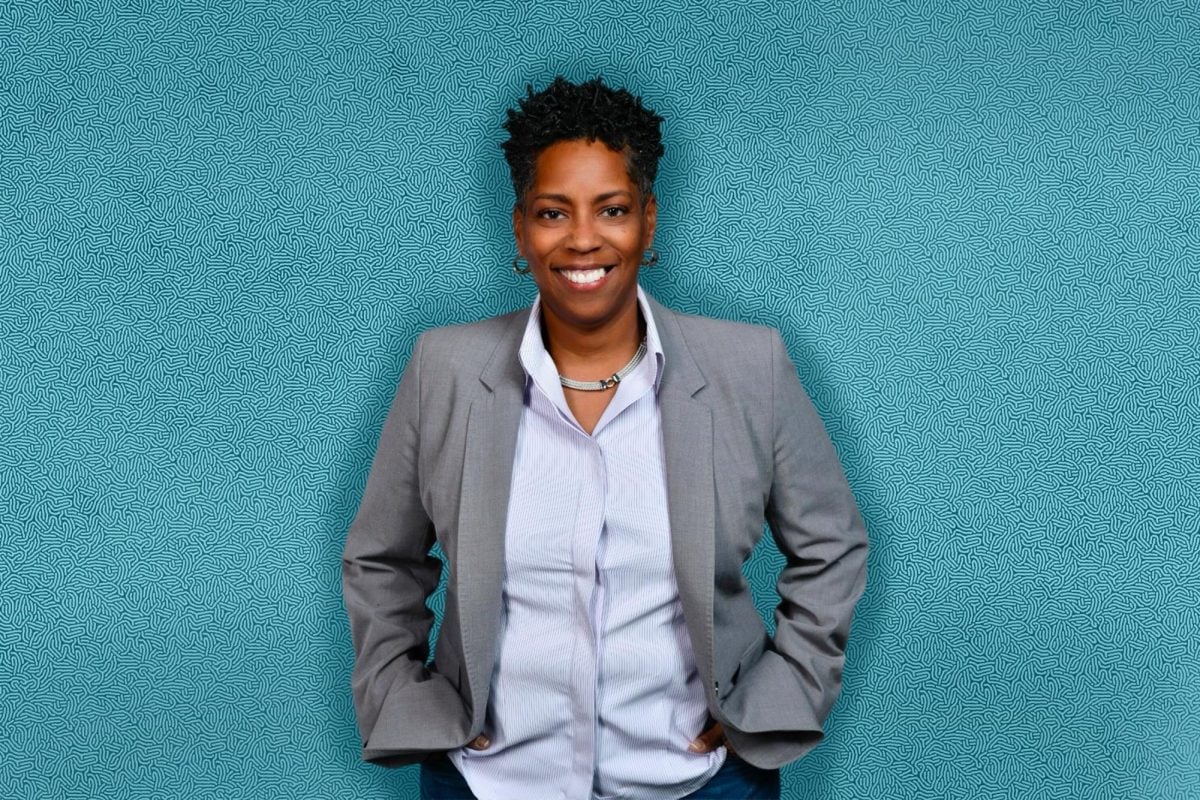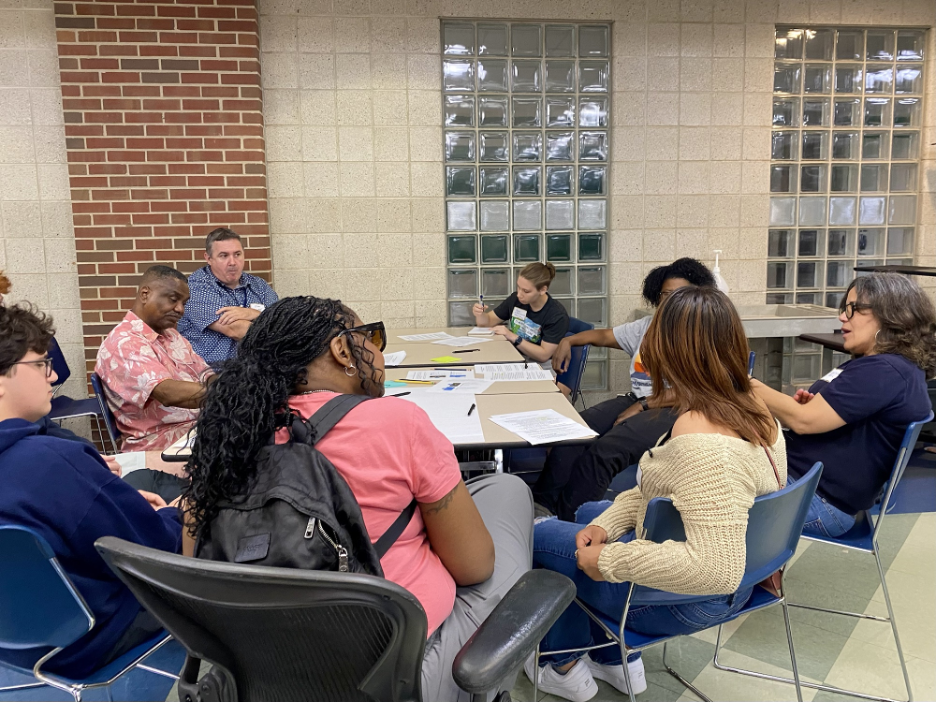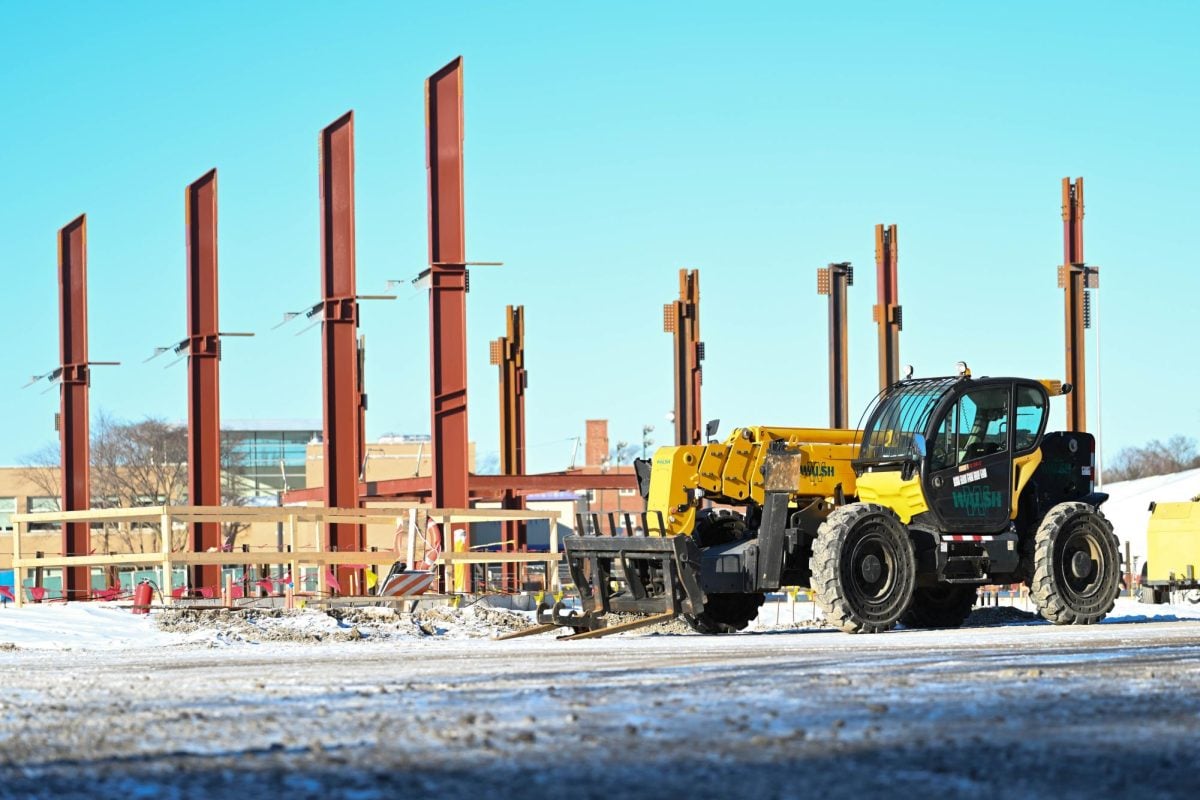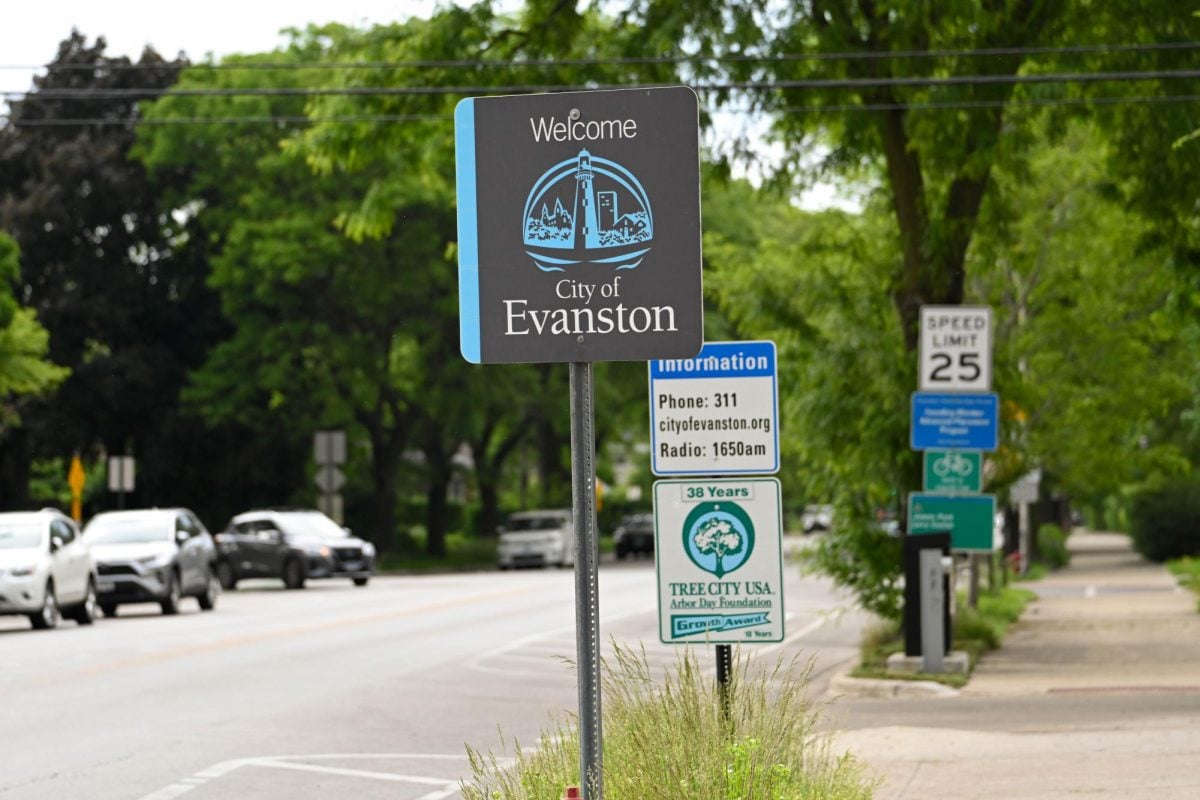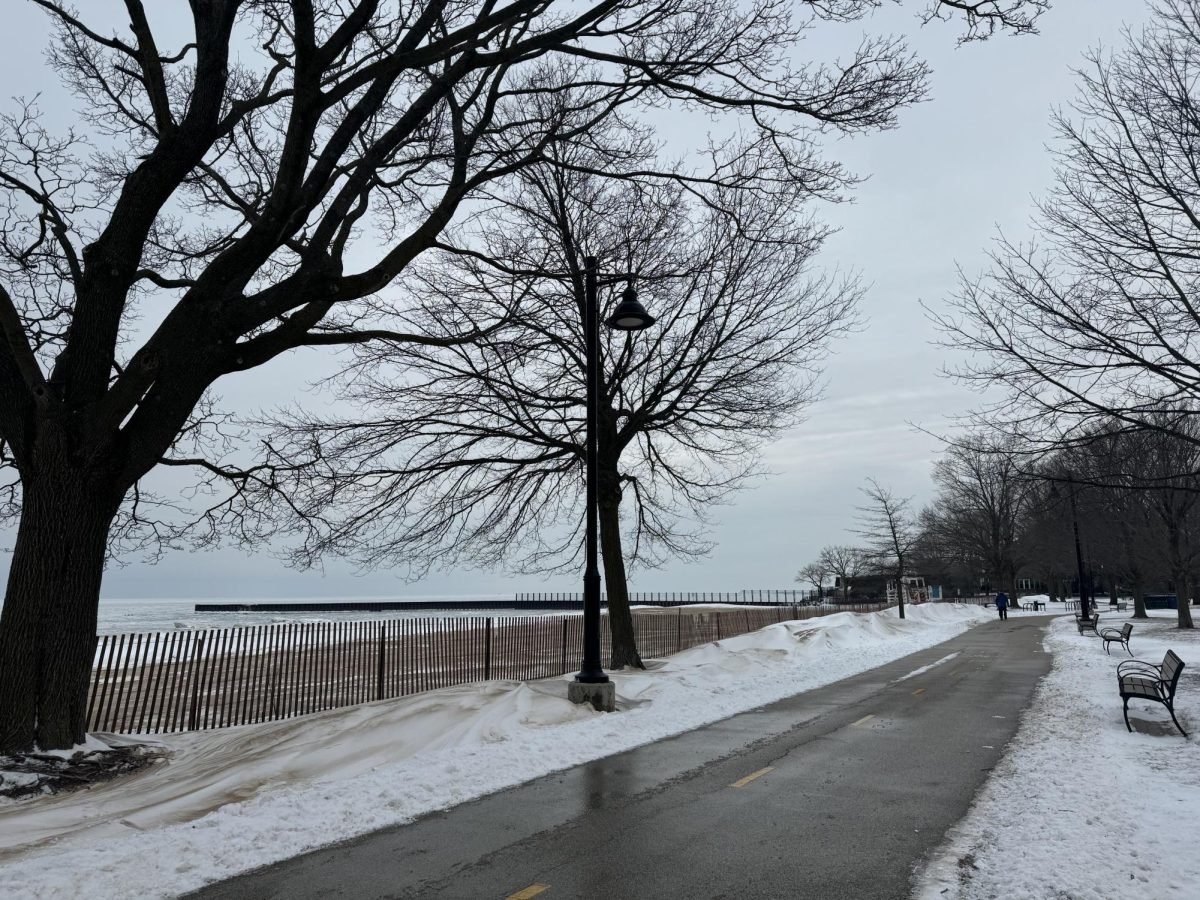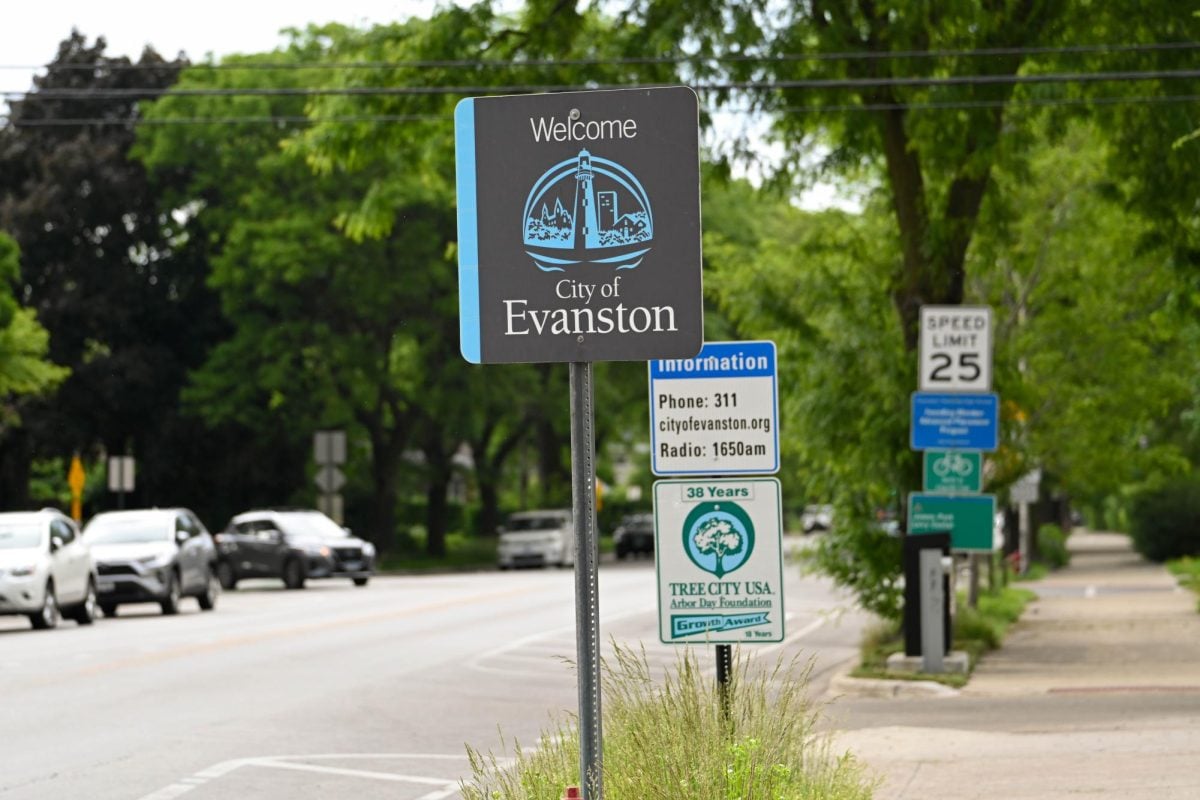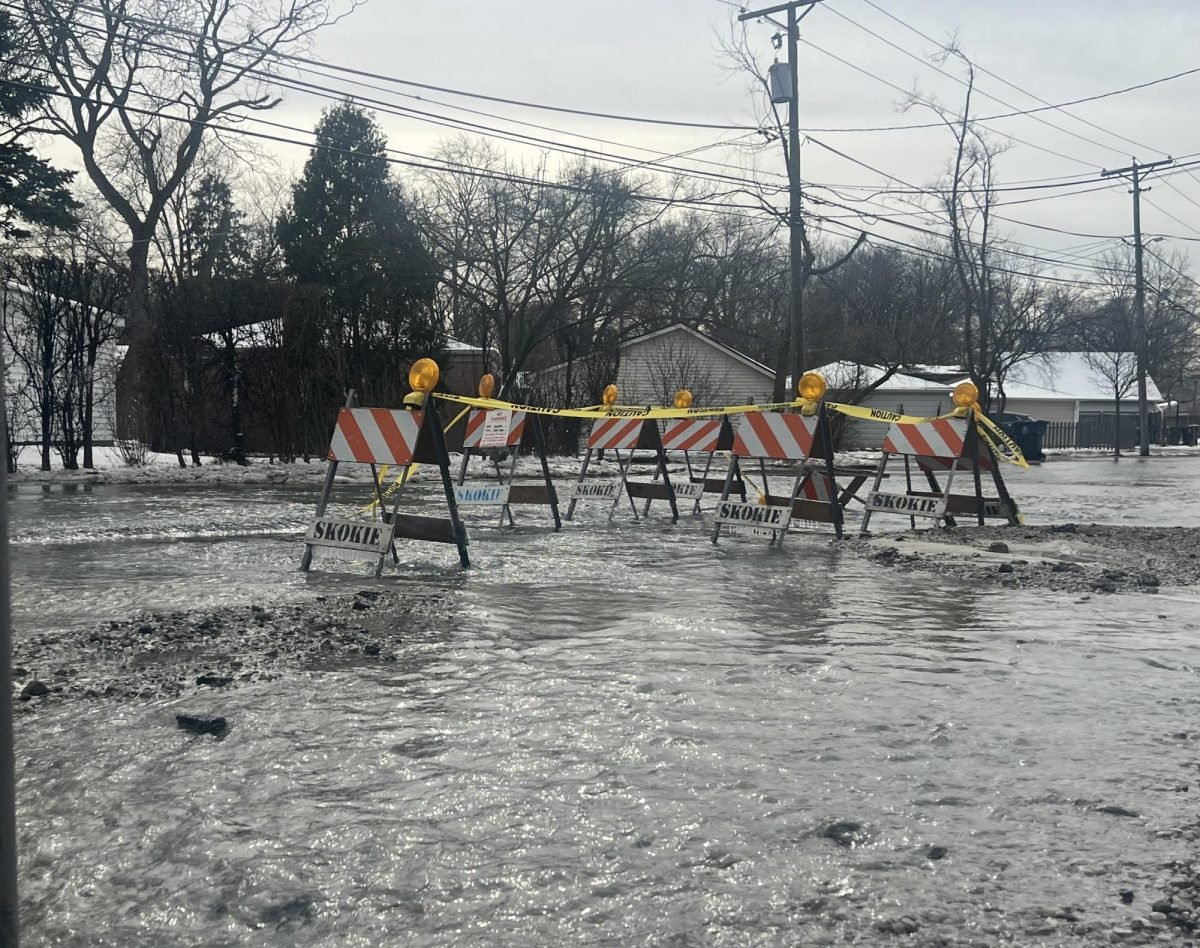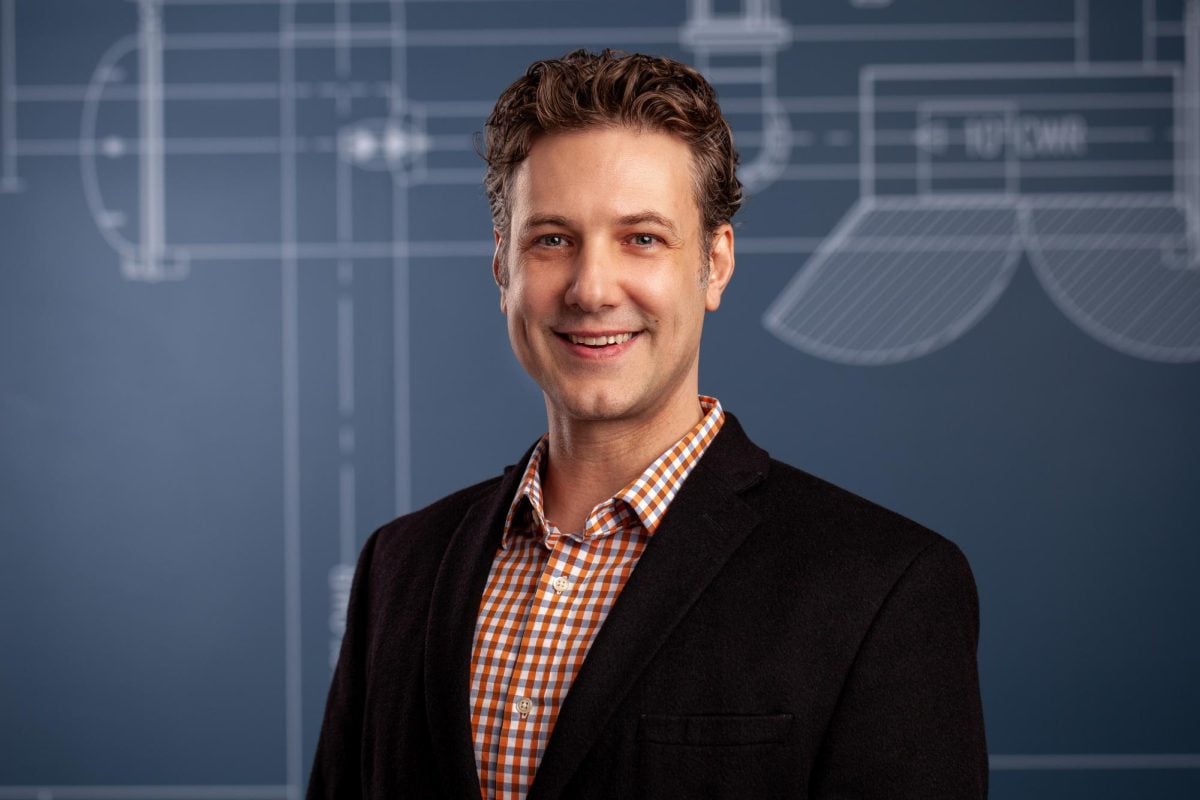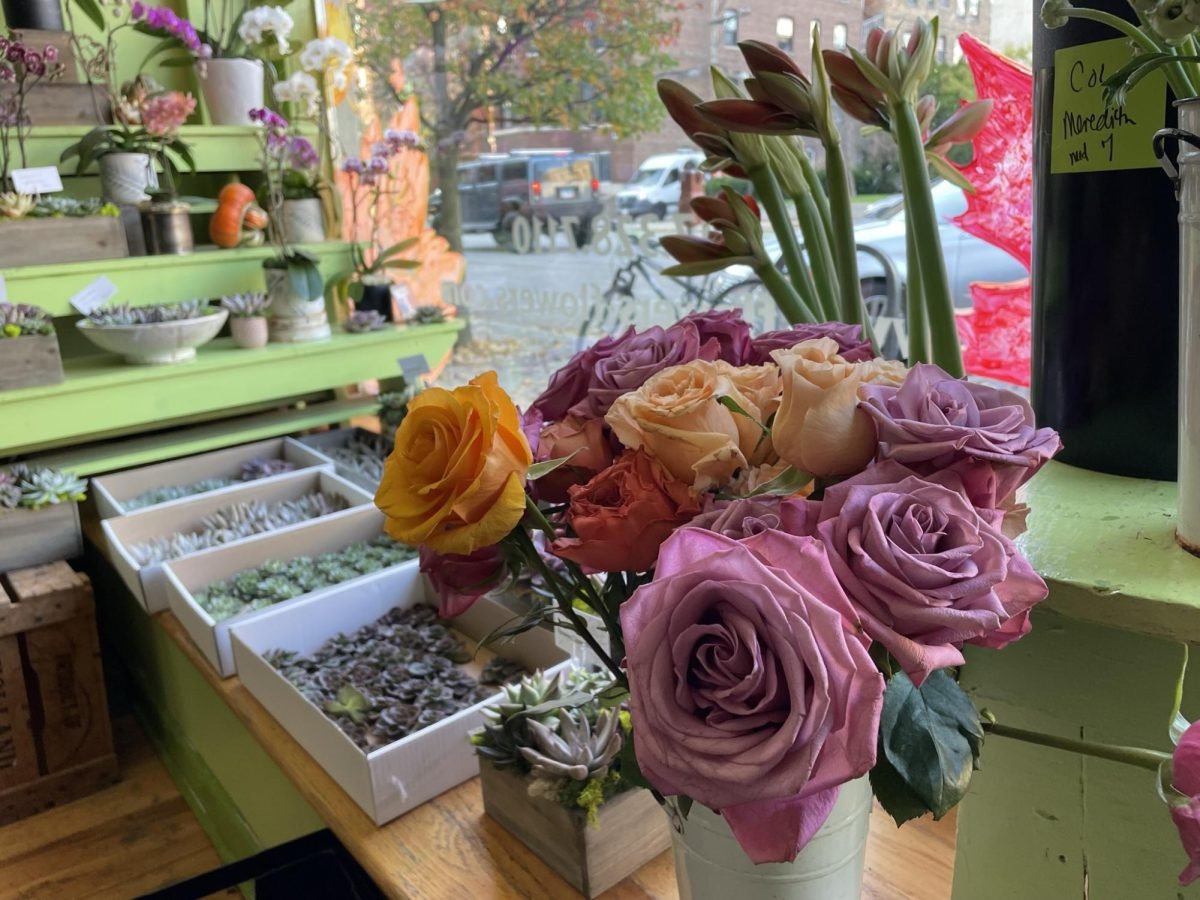Inside an Evanston church Saturday night, Rana Yurtsever recalled how she would have to explain why she wore a hijab, the headscarf worn by Muslim women, at the beginning of every school year in Washington, D.C. When she moved to Chicago during high school, she saw other girls with hijabs and thought she’d no longer have to answer questions about her religion from her peers and teachers.
“I was wrong,” said Yurtsever, a sophomore at the American Islamic College in Chicago. “People still didn’t understand that it’s an identity, not just a cloth over your head.”
Yurtsever and two others spoke about their experiences as Muslim women to an audience of about 30 at the Lake Street Church, 607 Lake St. The panel, titled “Women in the Islamic Tradition,” was created by the church’s interfaith committee as part of efforts to debunk misconceptions about Islam and the role of Muslim women.
The Baptist church has a history of engaging in interfaith dialogues and social justice, said Tim Harrington, the church’s spiritual pathways committee leader. The church organizes about one interfaith event each month. Romana Manzoor, one of the panelists, taught a six-week class on Islam at the church two years ago.
“We’ve been trying to do what we can to eliminate misconceptions about Islam,” said Harrington, a church member for 27 years. “It’s a fundamental principle of who we are.”
Organizers showed a short documentary highlighting the positive roles of Muslim women to participants as they ate Mediterranean cuisine from Pita Inn. Afterward, panelists explained the tenets of Islam and how Muslim women have been unfairly portrayed by the media as servile and uneducated. The women told stories of empowered Muslim women in history and those they encountered in their lives.
“There’s a psyche against Muslim women where if you see them wearing burqas or hijabs, people think, ‘Oh, they’re repressed and uneducated. We have to liberate them,’” said Manzoor, an interfaith coordinator at the American Islamic College. “Yes, this repression exists, but it’s not the entire story.”
Audience members nodded in support and asked questions while the panelists spoke. Several said they agreed Muslims — and Muslim women in particular — have been scapegoated after 9/11.
“I hope this conversation creates balance and combats stereotypes about Islam and Muslim women,” Manzoor said.

